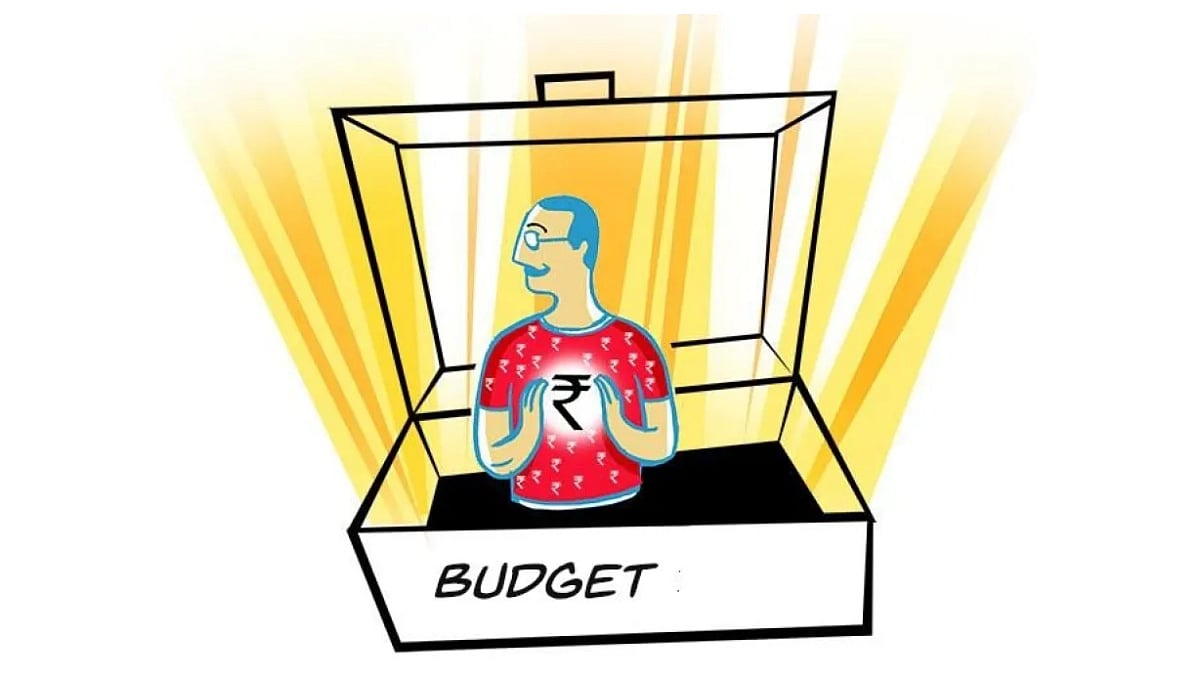The current economic crisis in Pakistan is nothing new. Almost every government in Pakistan — civilian or military — since its birth in 1947 has gone to the IMF and various other financial institutions and countries, desperately seeking loans and handouts to avoid an imminent economic meltdown.
Pakistan’s first request for an IMF bailout package was in 1958, when the government of general-turned-dictator Ayub Khan, the first of many military rulers in the country, sought urgent assistance to avoid a looming fiscal crisis. Since then, Islamabad has sought IMF bailouts at least 23 times, not counting the current request, which is still awaiting a final yes despite intense and prolonged negotiations.
One of the main reasons for this perennial penury in a land blessed with abundant natural resources is the belief of the military brass, the politicians and the religious fundamentalists that they have first right to any money the country generates or raises.
Citing its need to protect the country against evil Indian intentions, the mighty military takes a lion’s share of any revenue first, leaving the politicians and religious outfits to fight over the rest.
Whatever little money remains is spent on the pathetic and expensive attempt to maintain military parity with India, and to train and arm terrorists. Developing the industrial and educational infrastructure, or initiating urgent political, fiscal and social reforms to kick start the economy, are words that crop up only when it’s time to apply for a fresh loan.
The fundamentalists, however, use it for charitable work, like feeding the poor, running madrasas for the poor and conducting relief and rescue operations after natural and man-made disasters, which appear to be growing in frequency and damage done every passing year.
This in turn gives these outfits the ability to mobilise huge crowds at short notice to challenge any government measure they find offensive or threatening. This immense street power sans any political credentials also leads to the zealots being wooed by both the military and the politicians whenever they need a powerful show of strength.
The other major factor which prevented economic growth is religion, particularly the vile two nation theory which Pakistan’s founding father or Qaid-e-Azam, Muhammad Ali Jinnah, used to convince the British to divide the country on religious lines before leaving the subcontinent in 1947.
The theory, which asserts that Muslims and Hindus cannot live together, was exposed as a myth right from the start, with secular India having significantly more Muslim citizens than the newly created Islamic state of Pakistan. Pakistan’s failure to capture Muslim majority Kashmir immediately after independence and partition in 1947 dealt yet another body blow to the theory.
The desperate attempts to prove its non-Indian identity by distancing itself from its Indian roots reached hilarious levels when Pakistan tried to pretend it was an Arab nation. The Arabs, of course, wasted no time in publicly sneering at the notion and rejecting any such association.
In 1965, believing that the two-pronged Chinese attack on India in 1962 had left India weakened, Pakistan launched Operation Gibraltar, which involved sending trained subversives into Kashmir to provoke a local uprising against India. The war that followed ended in a stalemate, with neither side gaining or losing territory, but appears to have caused more economic damage to Pakistan, which went running to the IMF immediately afterwards seeking yet another bailout.
The 1971 war, which ended with Pakistan becoming the first and only nation to surrender in a public ceremony (at Dhaka’s Ramna Racecourse Grounds) and the birth of Bangladesh, permanently buried the odious two-nation theory under the offal of its fundamental flaws.
India’s first nuclear tests in 1974 prompted Pakistan’s Prime Minister Zulfiqar Ali Bhutto to indulge in some public chest-thumping, and famously declaring that “We will eat grass, even go hungry, but we will get one of our own… We have no other choice!”
Both nations finally went overtly nuclear in 1998, giving Pakistan the additional advantage of being able to use it as a tool for financial blackmail. This tactic was perfected into a fine art by Pakistan’s last military ruler, General Pervez Musharraf, who died in exile in a Dubai hospital on February 5 after a prolonged battle with amyloidosis, a painful and rare disease.
Step one involves a plaintive assertion that if the Pakistani administration crumbles due to lack of funds, it would be very easy for some rabid jihadis to get access to the country’s nuclear weapons, and possibly saying, “Let’s see how loud a bang this baby makes.”
Persistent reports that the recent attack on the Karachi police chief’s office was staged, with 90% of the weapons recovered being fake, indicate that this step might be imminent or already raised at the right levels.
If even that fails to impress the IMF or the Americans enough to open their purse strings again, there’s yet another ace up Islamabad’s sleeve which has never failed so far.
This involves putting the word out that Pakistan now had no choice but to very reluctantly sell its nukes to Saudi Arabia or some Arab nation willing to pay large sums of cash for it.
This time, whether US President Joe Biden has it in him to call Pakistan’s bluff remains to be seen. At the moment, the odds appear stacked against it.
Ramananda Sengupta is a foreign and strategic affairs analyst









